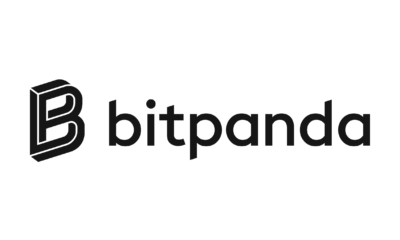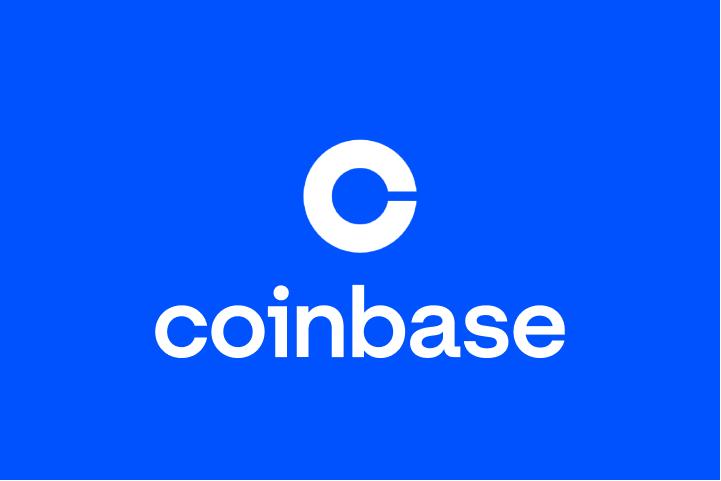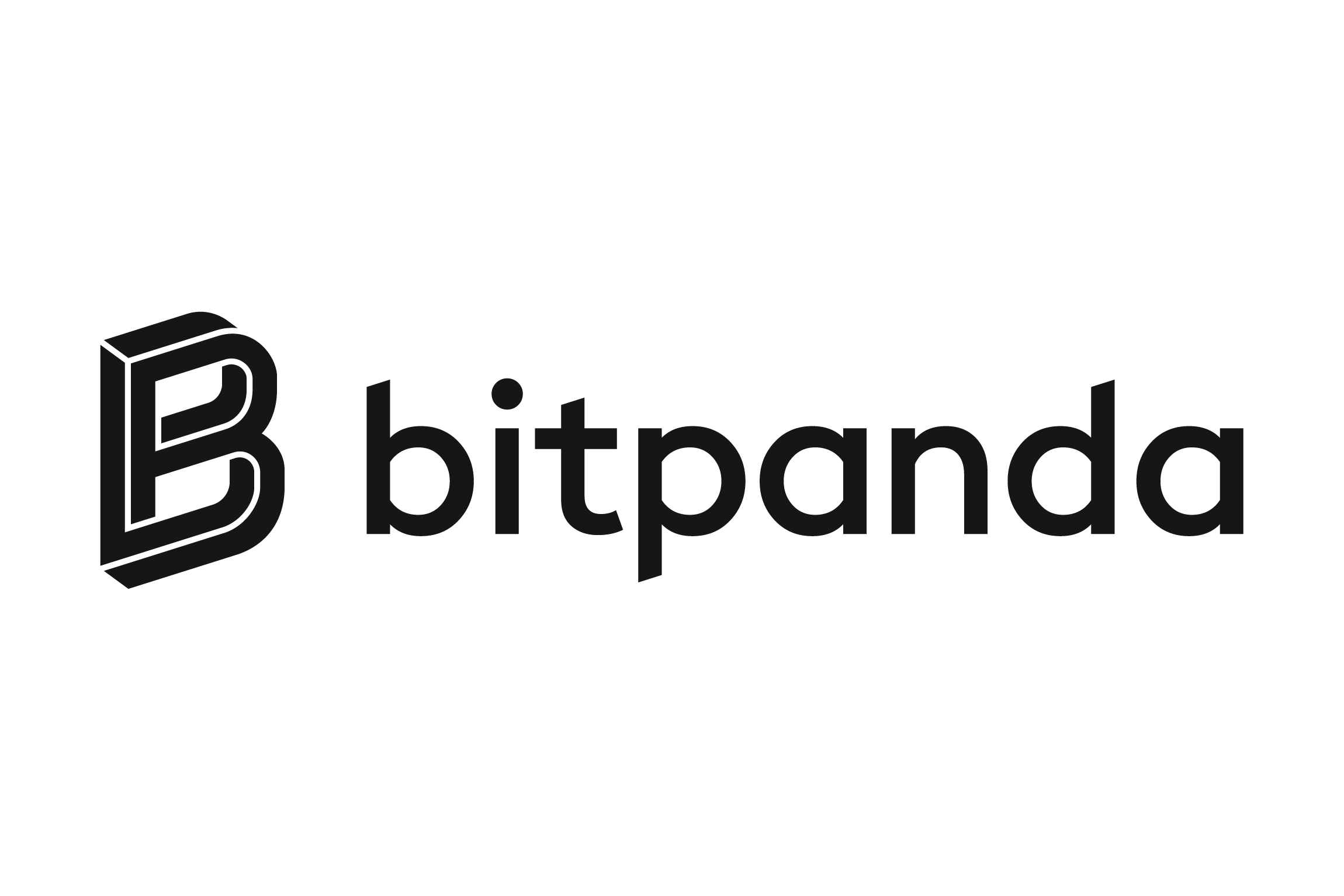News
Mercedes-Benz tests ChatGPT powered voice control
Mercedes-Benz is integrating artificial intelligence into more than 900,000 vehicles as part of a new trial of a ChatGPT-powered voice assistant system.
-

 Business1 week ago
Business1 week agoGrayscale Bitcoin Trust ETF outflows exceed $21B in under 12 months
-

 Business1 week ago
Business1 week agoBitcoin shrimp wallet numbers may spike 9% in the ‘near future’
-

 Business1 week ago
Business1 week agoBinance accused of IP theft over PNUT token by Peanut the Squirrel owner
-

 Business1 week ago
Business1 week agoBitpanda receives in-principle approval for UAE expansion
-

 Business1 week ago
Business1 week agoCoinbase legal chief addresses $1B lawsuit tied to wBTC delisting
-

 Business1 week ago
Business1 week agoRipple CTO says to expect shortage of RLUSD at launch, but don’t FOMO
-

 Business1 week ago
Business1 week agoOpenSea Cayman Islands registration fuels token airdrop rumors


















